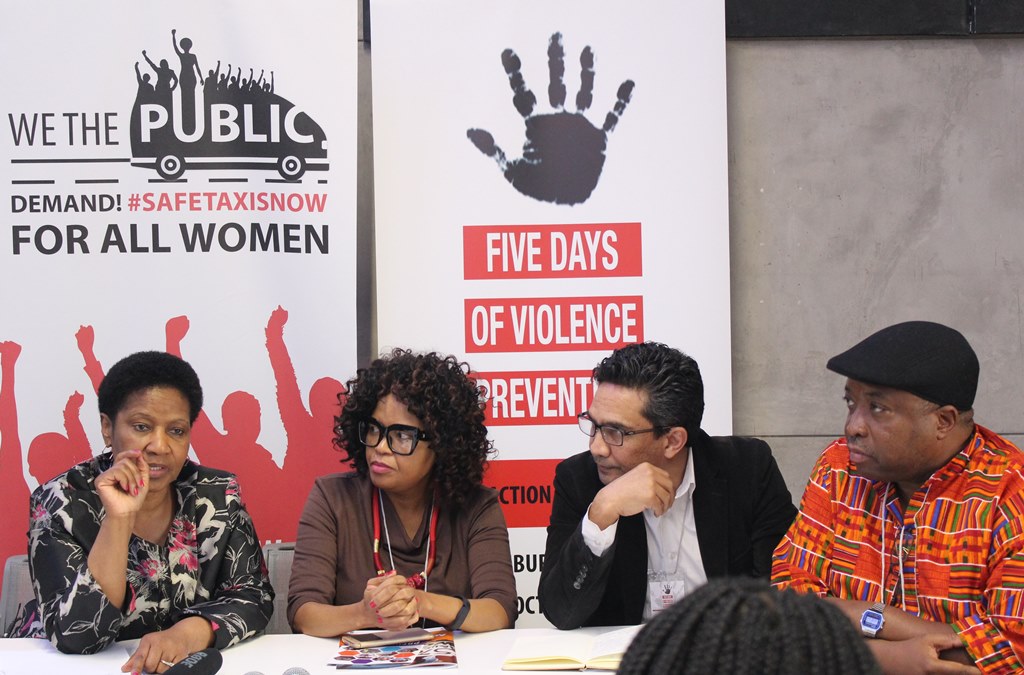Evidence-based interventions and accountability to end violence against women
The Five Days of Violence Prevention Conference in Johannesburg is hosted by Sonke Gender Justice (Sonke), in partnership with MenEngage Africa, MenEngage Global, Men for Gender Equality, FEMNET, Mosaic, Soul City, We Will Speak Out and UN Women.Date:
Civil Society leaders, gender activists, feminist leaders, donors, and representatives from international organisations including UN Women Executive Director Phumzile Mlambo-Ncguka called for evidence-based interventions and accountability to end gender based violence on 2nd October at the Five Days of Violence Prevention experts conference hosted by Sonke Gender Justice in Johannesburg.
Opening the conference, Director of Strategic Partnerships and Co-Founder of Sonke Gender Justice, Mr Bafana Khumalo, noted the urgency of finding solutions to end violence globally which he said had become increasingly normalised at global, national and community level.
“The struggle against violence in various forms – whether civil strife or violence in our homes, really remains a big challenge. This type of violent behaviour is largely influenced by dangerous norms that are embedded in patriarchy. These norms fuel and celebrate violent behaviour. In this conference, we are hoping to draw attention to all these issues,” said Mr Bafana.

L-R: UN Women ED, Lebogang Ramofoko, CEO Soul City; Zane Dangor, Independent Co; Bafana Khumalo, Director of Strategic Partnerships and Co-Founder of Sonke Gender Justice
In her remarks which provided participants with a global overview of progress and challenges towards ending violence against women, Mlambo-Ncguka expressed appreciation for interventions and models which showed that violence can be reduced. She cited examples of Kenya, Liberia and Egypt where Female Genital Mutilation has decreased significantly. There has also been a decline in child marriage globally, and encouraging gains made through stronger legislation; but called for leadership, accountability and zero-tolerance at the highest level of government.
“We face a big challenge when it comes to the implementation of the good laws that we have passed. We need to address the accountability of authorities, the lack and poor access to justice, the poor investment in gender equality programmes, the difficulty of scaling up good interventions, the importance of addressing social norms starting at a very early age and the importance of focusing on ending some of the forms of violence against women by working in a targeted, consolidated way in specific geographic areas.”